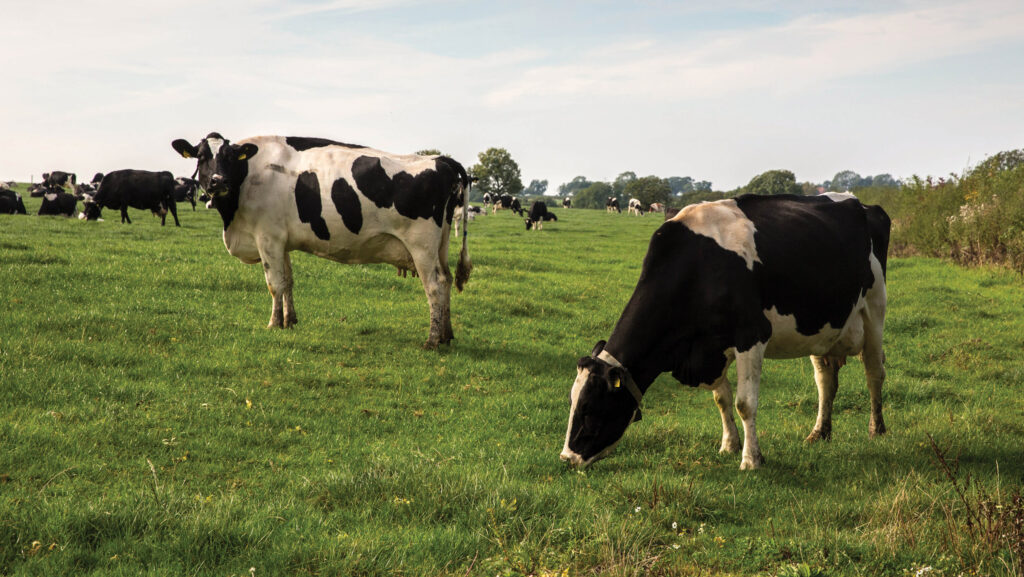Dairy numbers fall as hundreds of producers quit the sector
 © Tim Scrivener
© Tim Scrivener The GB dairy sector has contracted by 6% in the past year alone, with 440 fewer producers than in April last year.
An AHDB survey of GB dairy producers found that there were 7,130 producers left as of April 2024, which is 1,250 fewer than four years ago.
Most of the recent decline was seen during the winter months, with producer numbers falling by 370 between last October and April this year.
See also: AHDB launches ‘Milk Every Moment’ campaign ahead of Olympics
Milk production was at its lowest levels for seven years during the 2023-24 milk year, however average daily deliveries during July were only back marginally on year earlier levels.
Freya Shuttleworth, senior livestock analyst at AHDB, said: “Although milk prices are historically higher, when compared to the peaks in 2022 they have dropped off substantially.
“This, alongside robust cull cow prices, continued inflationary pressure on key inputs and increased interest rates driving up the cost of borrowing, may have incentivised producers to shut up shop as farm margins tighten.
“For some producers, increased regulatory pressures such as NVZs [Nitrate Vulnerable Zones] and slurry storage could also have been a driver to leave the industry prior to making long-term investment decisions.”
Many of the cows owned by producers leaving the industry were sold to other farm businesses looking to expand, however some were culled.
The total dairy breeding herd contracted by almost 9,000 cows during 2023 and stood at 1.84m head in Defra’s December census.
Milk price moves
Farmgate milk prices have lifted during August and September, with several milk producers announcing further increases as Farmers Weekly went to press mid-week.
Arla has confirmed it will increase its price by 0.74p/litre to 42.44p/litre in August for a standard manufacturing litre, while organic producers will receive 53.31p/litre.
Arthur Fearnall, Arla Foods amba board director and farmer, said: “Commodity markets are stabilising, having been driven higher by a higher fat price.”
Farmers supplying Muller will receive a 1.25p/litre increase to 40.25p/litre for a standard liquid litre in September, including its advantage premium.
Richard Collins, head of agriculture at Muller said the market is looking stable.
First Milk will increase its September price by 1p/litre to 42p/litre for its manufacturing standard litre, including the member premium.
Mike Smith, vice chairman and farmer director at First Milk, said: “Whereas Global and European dairy markets are relatively stable right now, many of our members are continuing to deal with the negative impact that the high rainfall and lower temperatures experienced in spring and early summer have had on grazing and winter forage production.”
